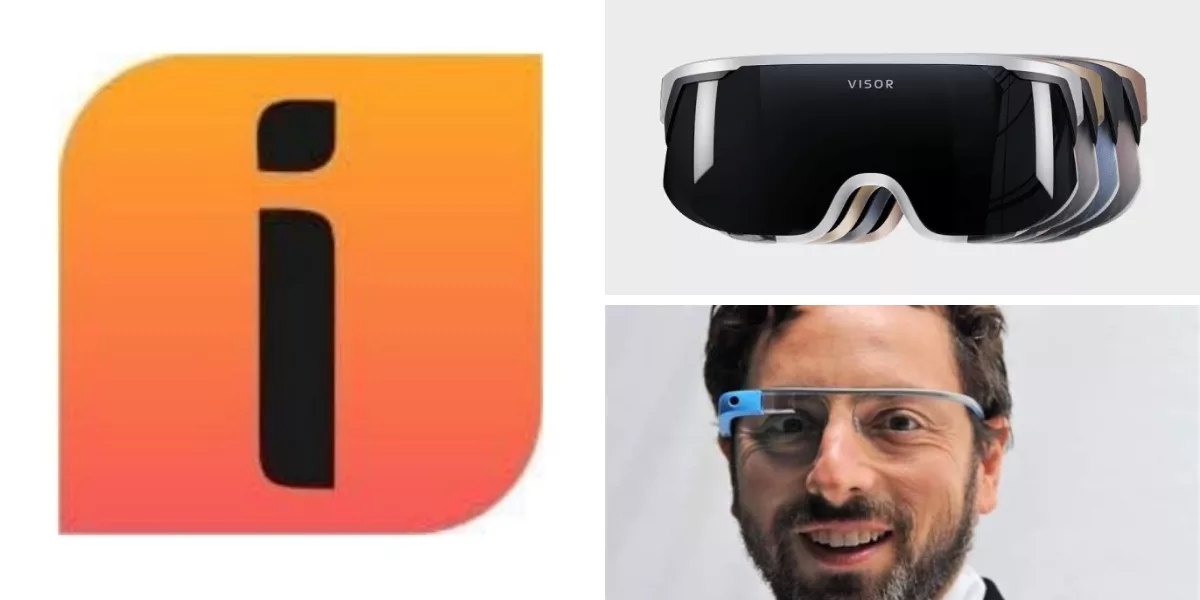The next device after smartphones.
This is the elevator pitch of a secretive artificial intelligence powered, virtual reality startup going by the name of Immersed. But is it a good investment?
What is Immersed?
If we were to judge Immersed solely by it's tagline – “making people feel superhuman“, one would be inclined to think it's a distributor of some sort of controlled substance.
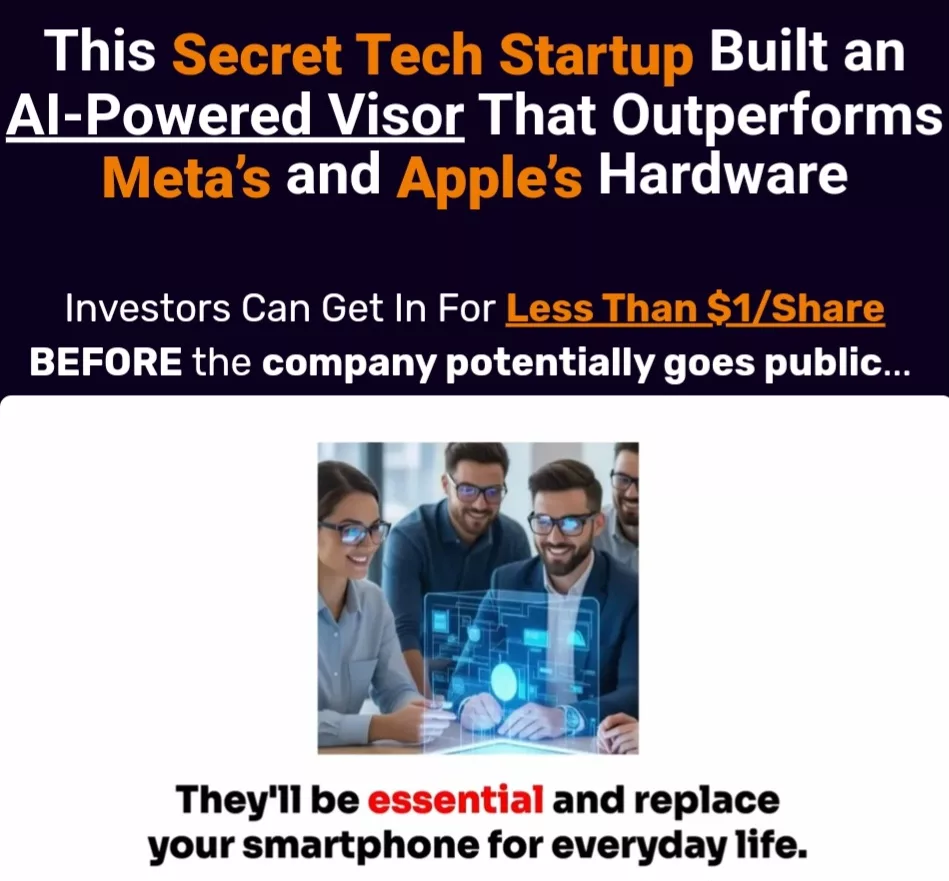
However, we have reviewed enough Regulation A (Reg A) offerings to know that hype is par for the course. It's in every offering, including Med-X and Pacasso, among others.
Immersed is a technology company developing solutions that remove barriers to remote work.
It's first product is a free virtual reality application that let's anyone remotely access their personal computer desktop.
Remote desktop connection tech is nothing new and has been around since the late 90s when Microsoft introduced Terminal Servers.
However, Immersed doesn't stop there.
It let's you add up to five additional virtual monitors to work smarter, not harder.
Initially launched in 2017, the company claims it is “the most used AR/VR App in the world“, which is flat out untrue.
Chrome Remote Desktop, AnyDesk, and TeamViewer, all have tens of millions more downloads than Immersed.
The copywriting team should have used more vague language, like “best AR/VR app.”
Having already ‘conquered' the virtual work software space, Immersed is now looking to expand into the hardware vertical.
Spatial Computing: AR/VR Rebranded
Before artificial intelligence took it's spotlight, augmented/virtual reality was supposed to be the next big technology.
Despite hundreds of billions of dollars in investments, from Meta alone, scores of bulky headsets, and one pair of sci-fi chic glasses being released:
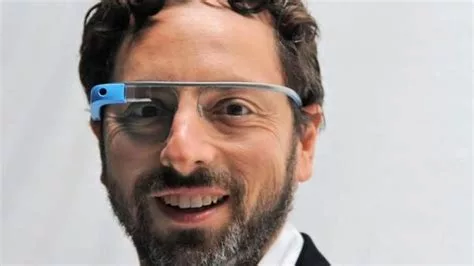
It turns out that people still prefer reality to the virtual version.
AR/VR has rebranded as ‘Spatial Computing' and Immersed believes it has the answers to the primary challenges afflicting the space, namely expensive, un-cool equipment, and a primary focus on games and experiences.
It has built a work-focused Visor that it says is sharper, lighter, and 70% more affordable than anything else currently available.
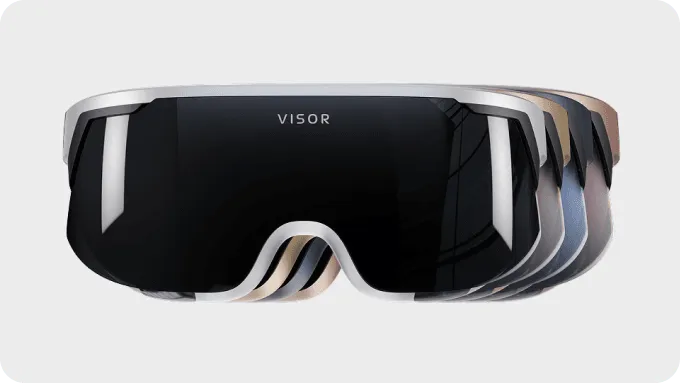
Visor is already available for pre-order now, with deliveries beginning early next year. Immersed wants to take things to the next level and is raising capital for a full launch and to scale up distribution.
Real Profits from Virtual Work?
Immersed is a real business, with real users, and revenue.
According to the company's investor deck, it's remote work application is used by more than 1.4 million unique users, logging 20 million minutes as of Q1 2025, and it has a positive review score on the Meta Quest store.
In terms of revenue, Immersed made $660k in fiscal year 2024, representing 200% year-over-year growth from fiscal 2023.
Losses also grew by 170%, but for a young, ambitious startup we can look past this.
This is where things get interesting, because unlike most early-stage Reg A offerings, Immersed is not offering shares, but rather convertible promissory notes.
What is a Convertible Note?
A debt and equity hybrid, convertible notes start out as unsecured fixed interest debt like a typical bond and convert into equity on a maturity date.
The combination of bond and equity in one made Benjamin Graham call convertible bonds “the most attractive of all securities.”
This is due to the inherent price floor of the note and the ability to participate in a business' potential upside via the convertible component.
Convertibles have typically been issued when other types of financing has been hard to come by and it's been increasingly been favored by startups because it enables them to raise the capital they need now, while putting off the uncomfortable valuation conversation that inevitably needs to happen upon conversion.
Per the updated Offering Circular from September, Immersed is offering $3.2 million worth of convertible notes at an 8% interest rate, with a $1k minimum investment.
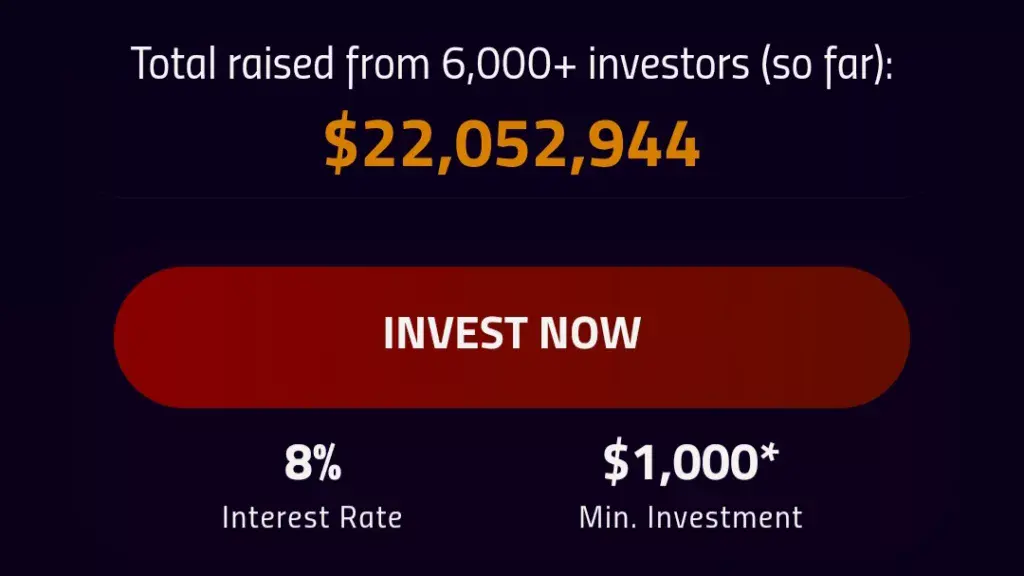
On the surface, an 8% rate is far above the median S&P dividend yield of 1.1% and about twice as much as a high-yield savings account.
Combine this with the default rate for the convertible bond market being only 1.1% last year and we may have a real opportunity in front of us.
However, we shouldn't get our hopes up so fast.
In his tomb of an investment textbook, Security Analysis, Ben Graham told us how to value a convertible issue.
When it comes to non-investment grade issues, like Immersed, the interest coverage ratio or the number of times that total interest charges are covered by available earnings, needs to be at least 5x.
The problem is, Immersed has no earnings.
So where is the money to pay the 8% coupon going to come from?
Immersed's latest financials show $242K in cash and $114k in accounts receivable against $10.2 million in current liabilities. So presumably, payments will be made through additional debt and equity offerings, in other words, dilution.
The only hope we have is continued short-term growth that generates some fast cash.
The Future of Work?
Immersed's Visor AR/VR device took in more than $500k in pre-orders in just the first week of availability, which was a positive sign.
But in order to fulfill future orders, the company is banking on the continued growth of hybrid and remote work models.
Despite around 14% of the U.S. workforce already working remotely, I can see it continuing to grow due to the setup being a non-negotiable for Gen-Z and younger workers.
What I cannot see is people wearing any type of visor or hardware in their home to do work. Perhaps to complete limited training or retraining tasks, which Immersed also mentions as a key market in it's circular, but not much else.
Immersed talks up increased productivity and AI assistance as reasons for extended wear, but the odds are long and the capital required to drive mass adoption are beyond the company's capabilities.
If Immersed positions itself as the AR/VR solution for remote corporate training, it should be able to carve out a profitable niche for itself and the equity portion of the convertible notes could become valuable.
However, as things stand today, our capital would be in danger due to Immersed having no earnings to cover interest payments. This means virtual work isn't yet profitable.
Quick Recap & Conclusion
- A secretive artificial intelligence powered, virtual reality startup called Immersed is building “the next device after smartphones.”
- It's solution is a Google Glass-like Visor that it says is sharper, lighter, and 70% more affordable than anything else currently available.
- To scale up manufacturing and distribution, Immersed is looking to raise the last $3.2 million it needs via an 8% convertible notes offering.
- Immersed's financials show $660k in annual revenue last year, which grew 200% over the previous year, but it's net losses also increased by 170%.
- Immersed may have a future as an AR/VR solution for corporate training, but without earnings and cashflow it will be hard-pressed to pay the 8% interest on it's convertible notes. This makes it a speculation rather than an investment.
Would you wear AR/VR glasses to perform remote work? Drop a yes or a no in the comments.

